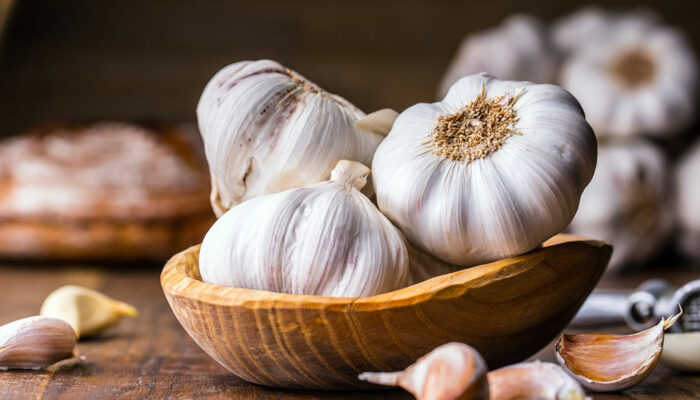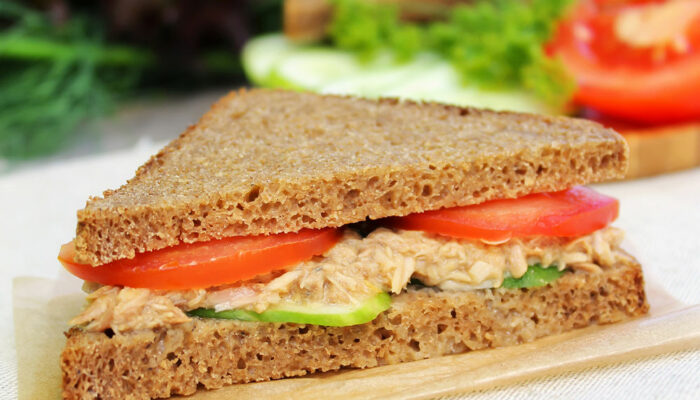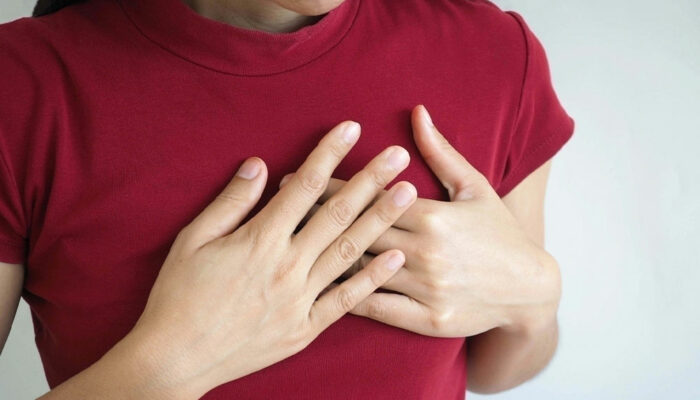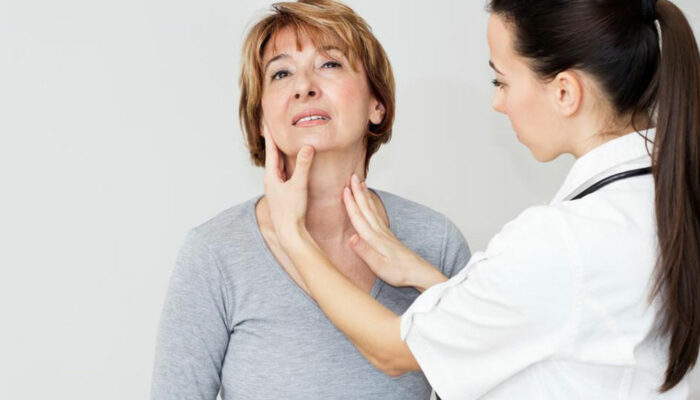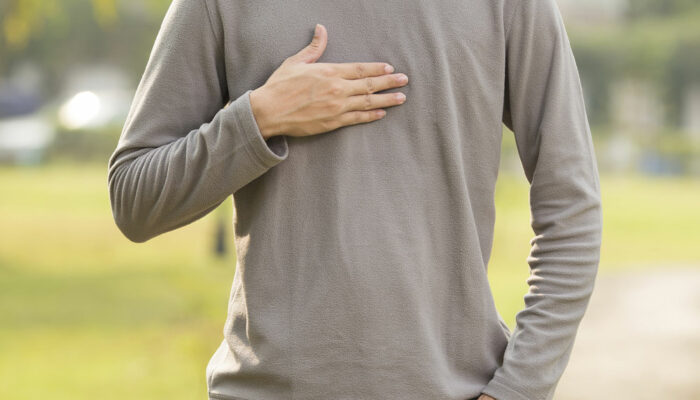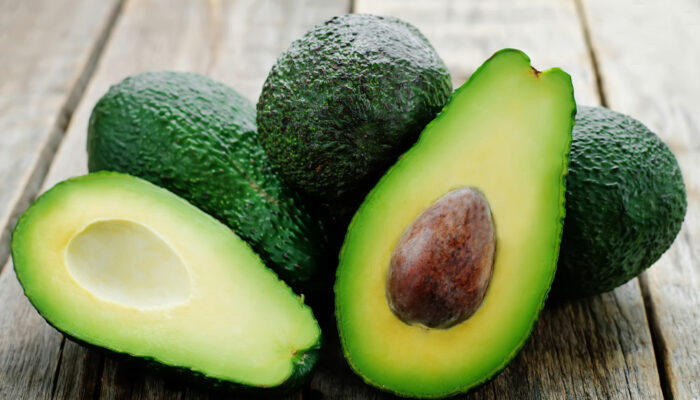
health
7 best foods for a healthy and glowing skin
You must eat a healthy and balanced meal because it is essential for overall health. However, did you know that certain foods can also help to promote healthy and glowing skin? There is no denying that skincare products and routines can help improve your skin’s appearance. But, yet again, you must try to bring out your inner radiance by incorporating some healthy habits. So, let us discuss some must-have foods for healthy skin. Avocado to make you glow Avocado is a rich source of healthy fats that can help maintain supple and smooth skin. It is also rich in antioxidants, including vitamin E, which can help to protect the skin from damage caused by free radicals. Moreover, the high vitamin C levels in avocados can help to boost collagen production, which is beneficial in reducing the appearance of fine lines and wrinkles. Berries for all skin problems Blueberries, raspberries, and strawberries consist of antioxidants that can help to protect the skin from damage caused by free radicals. These berries also contain vitamin C, which helps boost collagen production and reduces the appearance of fine lines and wrinkles. Moreover, they are low in sugar and help prevent breakouts and acne. Fatty fish for your skin Fatty fish like salmon and mackerel are rich in omega-3 fatty acids essential for maintaining healthy skin.
Read More 